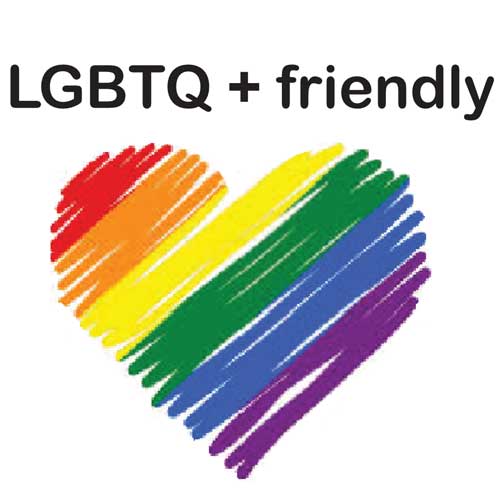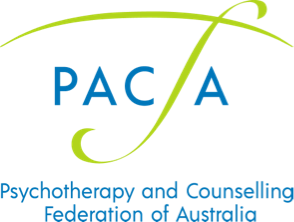Understanding teenagers
The teenage years can be a very tumultuous period in one’s life, which not only impacts the individual but also their family. As a Gestalt Psychotherapist I have often heard parents and teenagers talk about the distress they are feeling around the lack of understanding in their relationships. It is all too common that communication and connection breaks down in this time. So how can we bridge the gap? Understanding the developmental transformation and challenges that teenagers are go through is a great start!
Teenagers are in a rapid period of change
Teenagers are changing at all levels: physiologically, as the young person develops physically, hormonally and sexually; cognitively, by acquiring new ways of thinking critically and of processing information; and psycho-socially, with changes in belief system, attitudes, self-perception and relationships as part of a socialization process. Fundamentally, what the teenager is doing in these years is forming their own identity and in order to do so they will often begin to challenge some(or all) of their family values and try on new ones from a variety of experiences outside the family. A common phrase from a teenager being (what would you know?). This developmental phase is required to allow the teenager to differentiate from their family of origin, this causes a destabilization and a sort of de-idealization of parents. In essence, the teenager is striving for autonomy and requires enough freedom to test the limits and boundaries of his/her environment.
What teenagers need
Fundamentally what teenagers need is to feel valued and on an equal basis of power in their interactions with their parents as they go through this process. They need to feel respected while exploring their independence, which is necessary to their individuation process. On the contrary, parents may try to control and limit the young person in an attempt to protect them from dangerous and risky circumstances. Alternatively, it is best to invite the young person into healthy mutual communication grounded in respect. As parents the key is to foster the young persons’ autonomous behaviour, while at the same time clearly defining negotiated limits and boundaries with clarity. Open respectful communication builds trust and intimacy that fosters a spirit of consultation, conversation and an increased expression of feelings within the family. Role modelling respectful communication and allowing room for them to make and fix their own mistakes will aid the teenager in developing into a self -regulating, self- responsible and self-accountable adult.
The good news is that research has shown that the relationship with parents remains the most influential in shaping important decision-making processes in the teenager’s life, which they will often return to (of their own accord), once they have been allowed the freedom to experience their own sense of power and personal choice in decision making.






